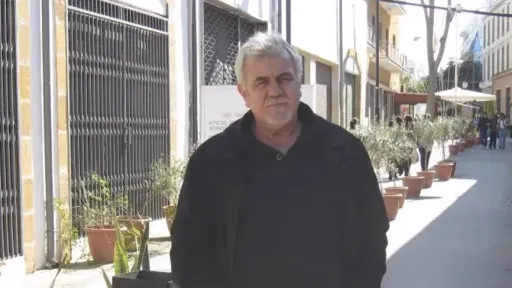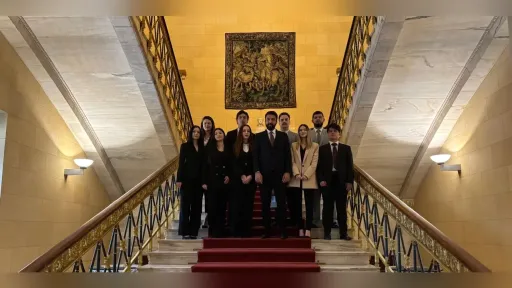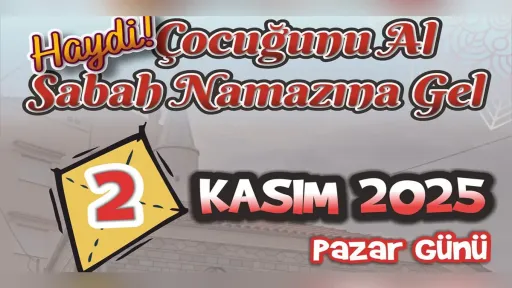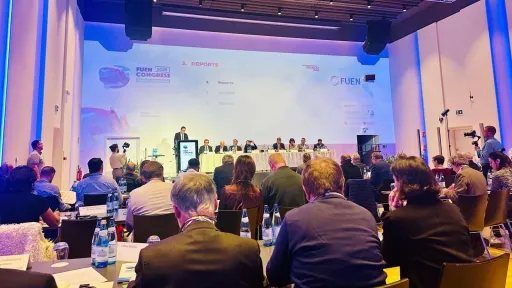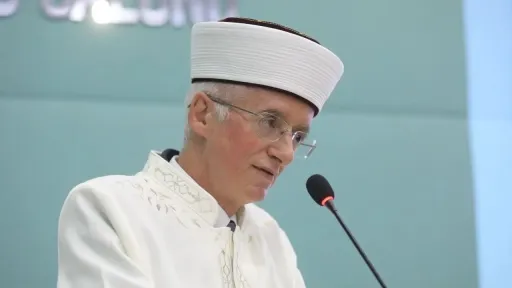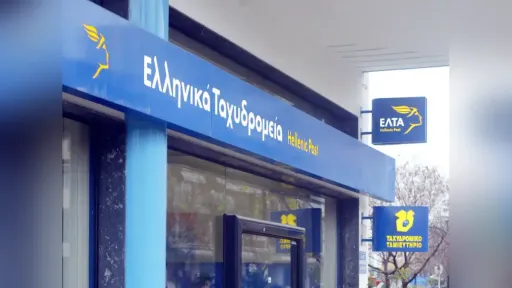Another blow to religious freedom in Greece: Four Turkish minority representatives to stand trial

Religious freedom in Western Thrace is once again under legal scrutiny, as four representatives of the Turkish Minority in Greece face trial for defending their right to elect their religious leader. The case centers around an incident where the community resisted the presence of government-appointed religious officials, deemed illegitimate by many in the minority group.
The defendants—Hüseyin Baltacı, President of the Western Thrace Turkish Graduates Association; Ozan Ahmetoğlu, journalist and former President of the Turkish Union of İskeçe; Bahri Belço, Vice President of the Friendship, Equality, Peace (FEP) Party; and Murat Köse, Chairman of the Çınar Mosque Board of Trustees—are charged with “use of violence” and “obstructing a religious gathering.”
The trial is scheduled for 27 March 2026 at the Single-Member Misdemeanor Court of İskeçe.
What Happened?
On 11 October 2024, shortly after the opening ceremony of the İskeçe Madrasa attended by Yorgos Kalancis, General Secretary of the Ministry of Education and Religious Affairs, government-appointed deputy muftis of İskeçe, Gümülcine, and Dimetoka arrived at Çınar Mosque in traditional religious attire to join the congregation for Friday prayers.
Their presence was met with strong objections by local worshippers and minority representatives, who considered the move a provocation. The community emphasized that their elected mufti, Mustafa Trampa, was already in the mosque, declaring “Our mufti is inside,” and blocked the entrance to the appointed officials.
Some worshippers also called for the deputy muftis to remove their robes and turbans if they intended to join the prayer. Tensions escalated, ultimately resulting in the state-appointed clerics leaving the mosque. One of them, the deputy mufti of İskeçe, prayed outside on the sidewalk.
Community Reaction
Legal action was initiated shortly after the incident, leading to public backlash from within the Turkish Minority of Western Thrace. Critics see the trial as an infringement on both religious and freedom of expression rights.
Attorney Ahmet Kara, who represents the four defendants, confirmed that his legal team is thoroughly reviewing the case file. He emphasized that preparations are underway to defend the fundamental rights of the accused during the March 2026 trial.
This case is the latest in a series of disputes surrounding religious authority in Western Thrace, where the Turkish Minority has long demanded the right to elect their own muftis, as guaranteed by international treaties, rather than accept government appointees.

